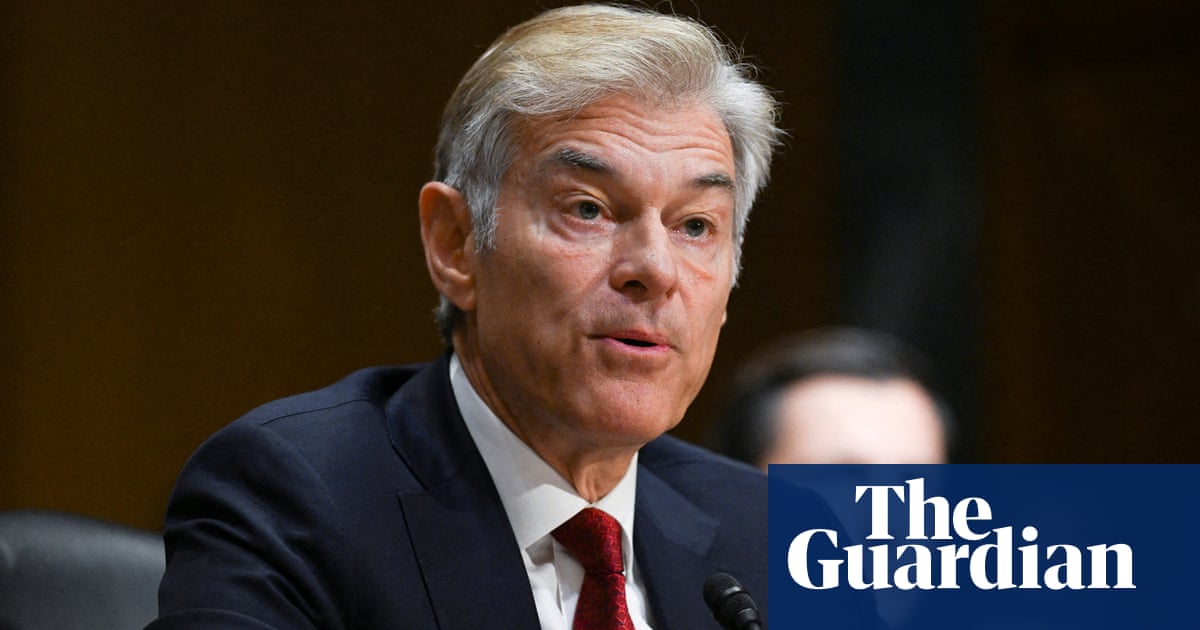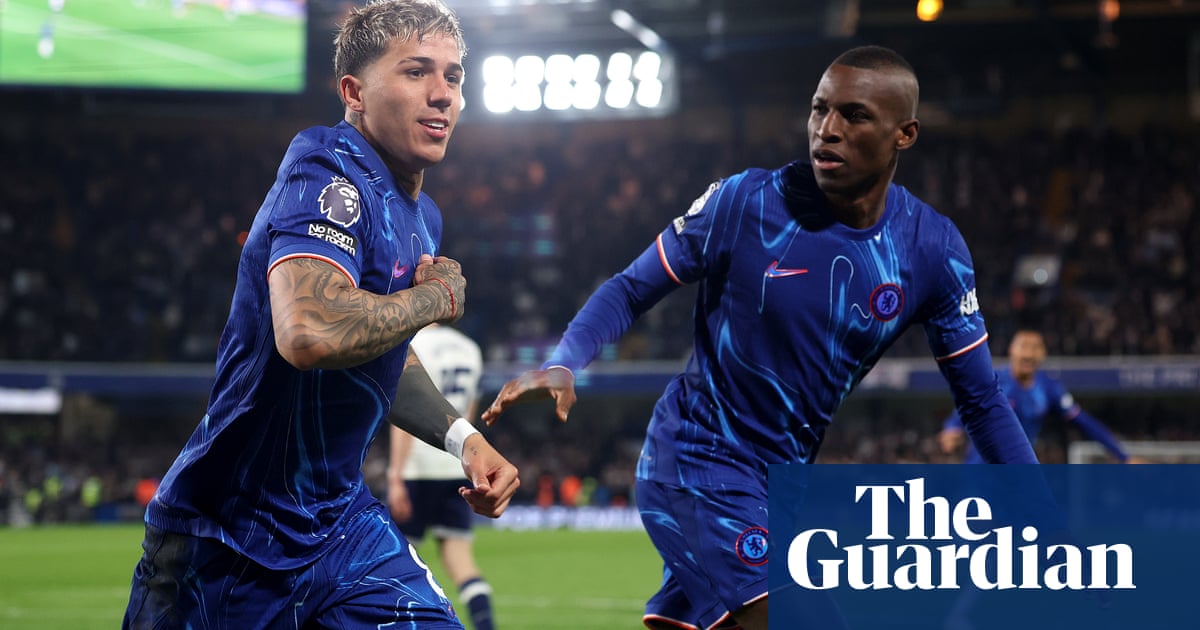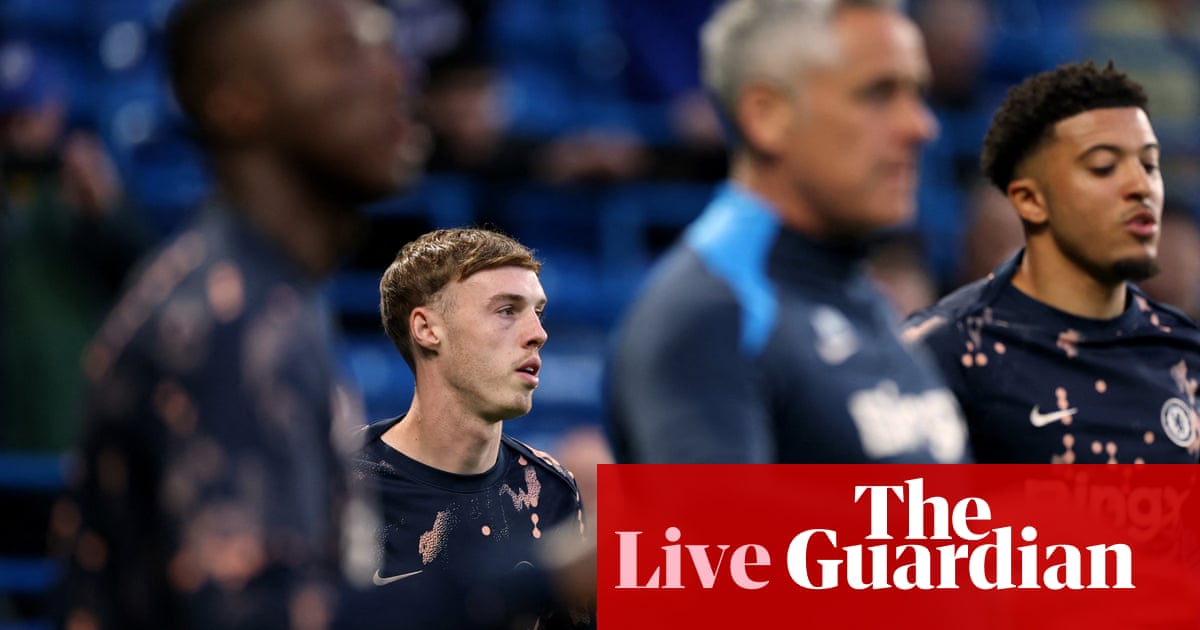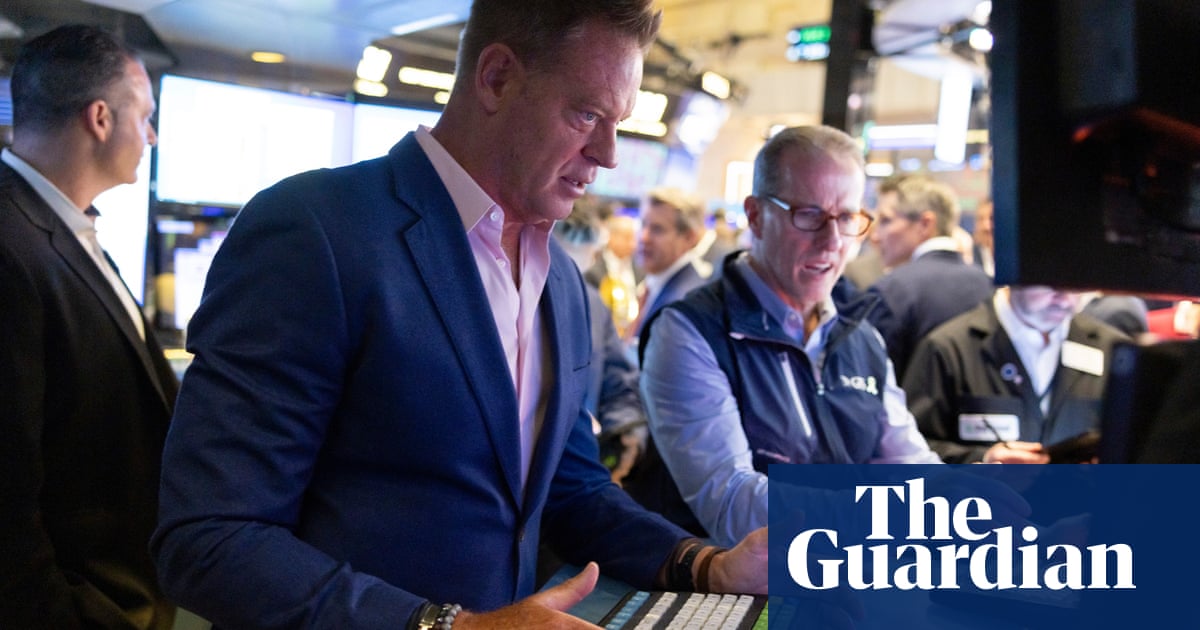Danny Care’s stories about the England rugby environment under Eddie Jones reveal important insights into the ways that sport is experienced, organised and led. Beyond the shocking examples of belittling and bullying that he alleges, a picture emerges of an ongoing, highly damaging cultural illiteracy among players, coaches and leaders.
It’s striking how hard it was for Care and his teammates to speak up, for 100kg men bursting with muscles in the most macho of sports to call out what, according to Care, they saw as abusive behaviour that demeaned and damaged players. A cult-like code of silence has played out disastrously in other sports such as gymnastics and cycling; it feels as if there is still a sinister omertà latent in sport that needs addressing.
Speaking up is an essential component of “psychological safety”, proven to be crucial to high‑performing teams. In the search for competitive advantage, it’s not a factor that should be easily dismissed. We need a new generation of informed leaders and coaches who understand how to approach the challenge of creating sufficient psychological safety for an athlete to thrive within an environment characterised by uncertainty, constant testing and ever higher standards.
Care’s stories highlight what appears a gross imbalance of power between coach and athlete (and other staff) under Jones. In competitive sport, selection is the all-powerful currency – if that sits in the hands of a coach unchecked, then long-term performance and wellbeing suffer. In the atmosphere of fear and paranoia that Care describes, challenging the coach becomes unthinkable. If no one else is open to listening, then there’s nowhere to go.
In the working world, there are rigorous processes and whistleblowing mechanisms, or you can go and find another company. But in rugby union there is only one England training centre. In my early experiences of Olympic sport, I was told I had no voice or right to suggest how coaching or any other aspects of the performance environment could be improved. I simply had a choice of accepting the status quo or walking away from my Olympic dream. It’s an ultimatum too many athletes still face.
These power dynamics recur in grassroots settings, too. The volume and persistence of safety concerns remind us how poorly sport is set up to deal with toxic behaviour. There is a need for a wider social project and national sporting ambition to reimagine and redesign how sport can ensure its first priority is to look after people and never compromise on mutual respect, while educating coaches and leaders on how to build sustainable high performance based on stronger, more sustainable foundations than past win-at-all-costs approaches. Inherent to this ambition is a shift in how coaches are recruited, developed and supported. Vitally, this could help more people to feel at home in sport, whether professionals or weekend participants.
The performance coach Owen Eastwood explains how sports leaders and boards should determine the cultural blueprint for their sports, not subcontract culture to the head coach. Early on during Jones’s tenure I remember meeting a senior manager within the Rugby Football Union who mentioned daily challenges with his behaviour. He alleged that Jones frequently swore at RFU staff in a way that no other employee would be allowed, and the manager added that they were hoping it would be worth it for the performance on the pitch.
That rang loud alarm bells. Any organisation’s leaders going down the route of crossing their fingers that a compromised culture will be excused if the scoreline is OK is on a journey to disaster in performance and reputation. Even if there are short‑term successes on the pitch, they never last and always bring high human costs and a long recovery process.

One of the achievements of the Football Association has been to bring to life what it means to play football for England, and for these values and cultural principles to be woven through England teams across age groups. The former FA director Dan Ashworth recruited Gareth Southgate to lead this with the men’s national team and Sue Campbell chose Sarina Wiegman as a values-driven leader who could create a similarly strong cultural environment for the women’s side.
after newsletter promotion
Jarringly, in interviews since he spoke out, Care has been at pains to say that, despite the negative atmosphere, Jones helped him to play some of his best rugby. Of course, both these things may be true – though it’s unlikely any player would have reached their full potential in the environment he describes – but more worrying is the underlying suggestion that the latter in some way justifies the former.
My heart sinks to hear Care add that maybe things had to be that way to get the (limited) success they had. Other comments on Jones’s behaviour often reinforce the sense that had Jones achieved more successful results, it wouldn’t matter as much. The belief that a good set of results can still outweigh lasting harm to individuals and longer-term reputational damage to sport is troubling and belies a tragic lack of awareness that different ways to succeed are possible.
I thought that the terrible abuses across the gymnastics world had blasted a hole through these beliefs; that the brilliant Simone Biles and her USA teammates had shown in Paris that the highest levels of performance can and must be developed in caring environments. But there is still too much confusion around the distinctions between abuse and tough training, or between bullying behaviours and resilience-building; ignorance to the fact that fear flooding an athlete’s body prevents good decision-making under pressure, connection to other teammates or the regulation of one’s own emotions.
Sadly, this will continue while sports leaders remain blind towards their responsibility for culture and fail to understand that performance, resilience and creativity on the pitch – and within rugby the ability to navigate a way through the evolving concussion crisis – require a very different environment off the pitch than Care and his teammates seem to have experienced.

.png) 3 months ago
30
3 months ago
30













































